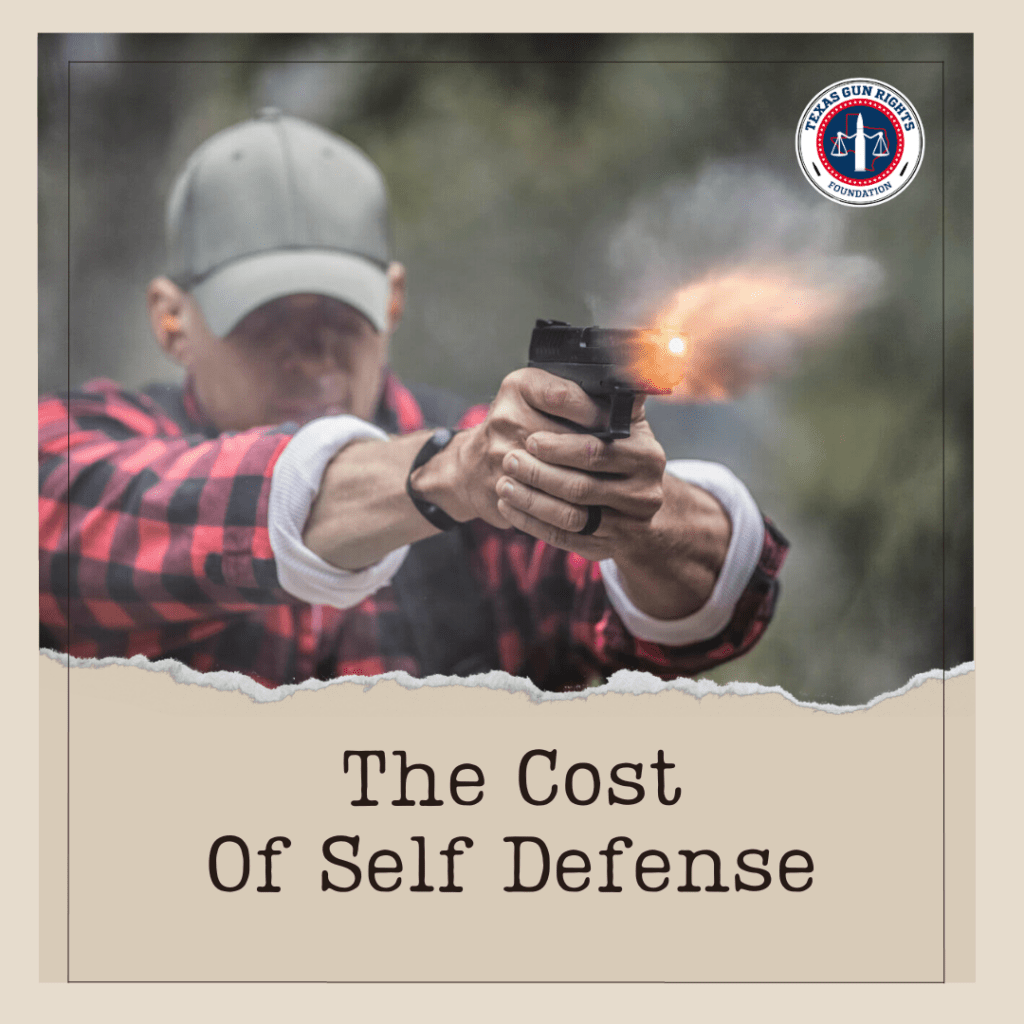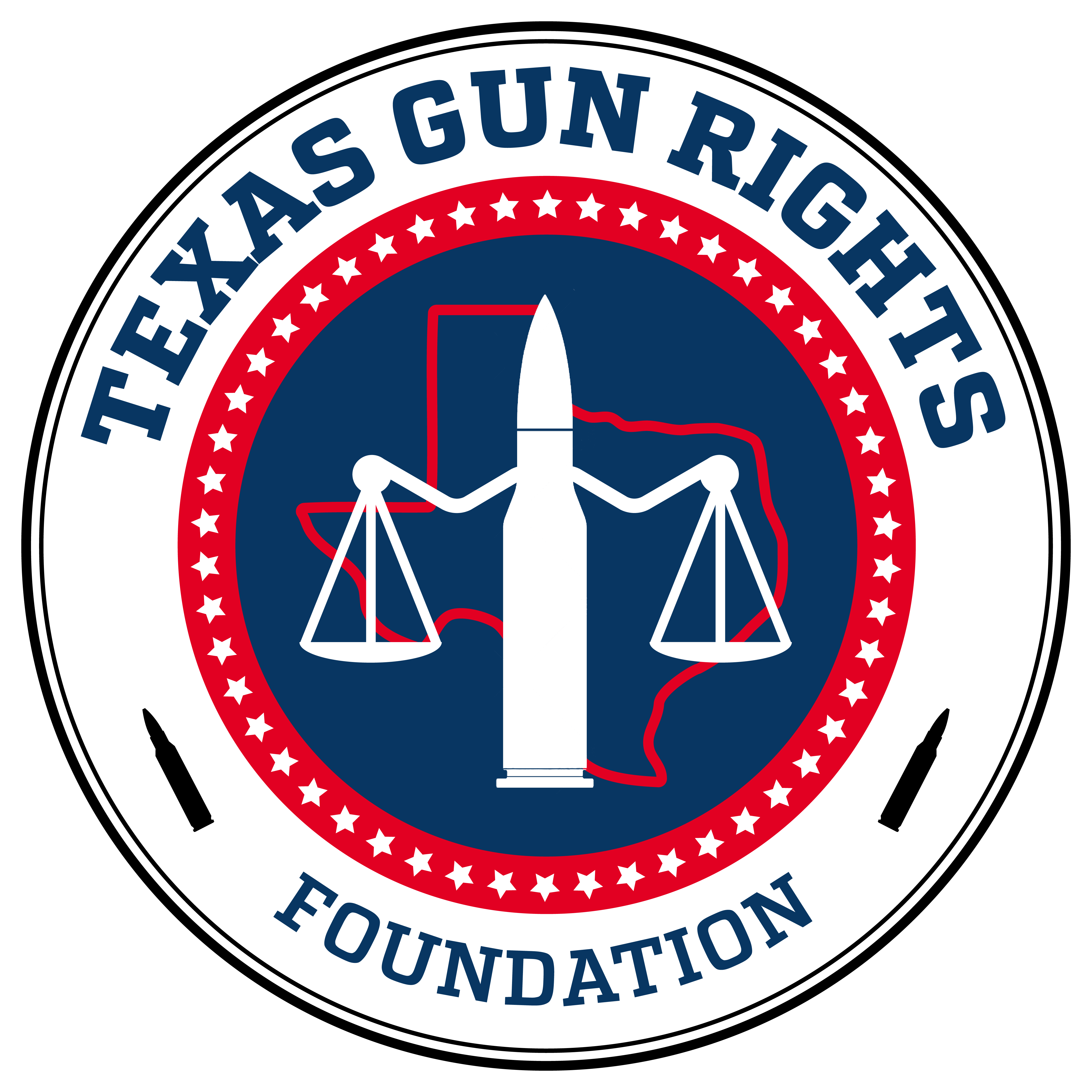
Finding yourself in a self-defense situation can be harrowing. Your body reacts in unprecedented ways, and uncertainty looms large. This article aims to prepare you for what we all hope never occurs: using a firearm in self-defense. We’ll discuss essential actions to take and pitfalls to avoid in the aftermath of a defensive force encounter.
What to Expect: Many describe using a firearm in self-defense as an almost out-of-body experience. Time seems to slow, life flashes before your eyes with each trigger pull, and every bullet discharged. Your vision narrows, and your hearing fades.
What to Do:
- Call 9-1-1. Inform them of your location and explain that you were attacked and had to use your firearm in self-defense.
- Invoke your 5th Amendment rights. This is crucial to protect yourself legally.
- Seek medical attention if required.
- Contact a criminal defense attorney. They will be your advocate and guide through the legal process.
What Not to Do:
- Avoid discussing the incident with law enforcement. Their role is to build a case, which could potentially be against you.
- Do not leave the scene unless it’s unsafe.
- Refrain from making statements to anyone, including family, as they might be compelled to testify.
The Three Fights of Defensive Force:
First Fight: The Physical Confrontation The initial confrontation, where you must decide to use your firearm to neutralize the threat, is often the most straightforward in terms of action but the most difficult emotionally.
Second Fight: The Legal Battle This phase is marked by silence outside of communication with your attorney. Trust in your lawyer and the legal system is paramount. This period can be draining, affecting personal relationships and your career. If charged, you’ll endure processing and possibly jail time. The key is to remain silent and insist on legal representation, invoking your 5th Amendment rights.
Third Fight: The Psychological Struggle Following acquittal, the toughest battle often begins – the mental struggle. Adjusting to normalcy can be challenging. You might experience anxiety, nightmares, and self-doubt. However, it’s important to remember you acted in self-defense. Seeking support from others who have experienced similar situations can be invaluable. While therapy may be suggested, peer support is often more effective. Remember, you acted to preserve your life.
Conclusion: In self-defense, taking a life is a grave matter, but it’s important to remember that you did what was necessary. While the aftermath can be daunting, staying informed, prepared, and seeking appropriate support can help navigate these challenges.
